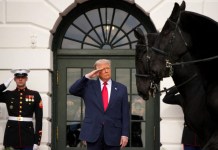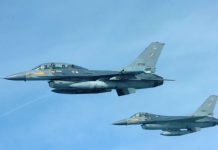Canada has put to rest all speculations about its much-anticipated future fighter project. The yet-to-be-signed contract for Lockheed Martin’s F-35 fighter brings into focus the debate over US political relationships and its sweeping defense contracts.
As part of its air force modernization program, Canada had been looking for a new fighter aircraft to replace its outdated fleet of CF-18s, acquired decades ago from the United States. With plans to acquire a new advanced aircraft by 2025, the decision has come well in time.
Earlier, Canada had a sole-source agreement with Lockheed Martin which made the company the only supplier of fighter jets to the Royal Canadian Air Force. However, in 2015, the contract was canceled by the Canadian government, and procurement based on open competition was decided upon.
The process for bidding started in full earnest when five companies entered the competition for the deal in December 2017 including Lockheed Martin, Boeing, Dassault Aviation, Airbus and Saab.
Out of the five contenders, French aircraft manufacturer Dassault Aviation, and European multinational aerospace company Airbus, withdrew two years later citing high costs and complex issues concerning intelligence sharing and interoperability. Boeing, Lockheed Martin and Saab were left in the fray.
After Boeing learned that its Super Hornets did not make the cut, the last leg of the contest was fought between the SAAB and Lockheed Martin – drawing global attention by pitting a seasoned and expensive giant against a cost-effective alternative.
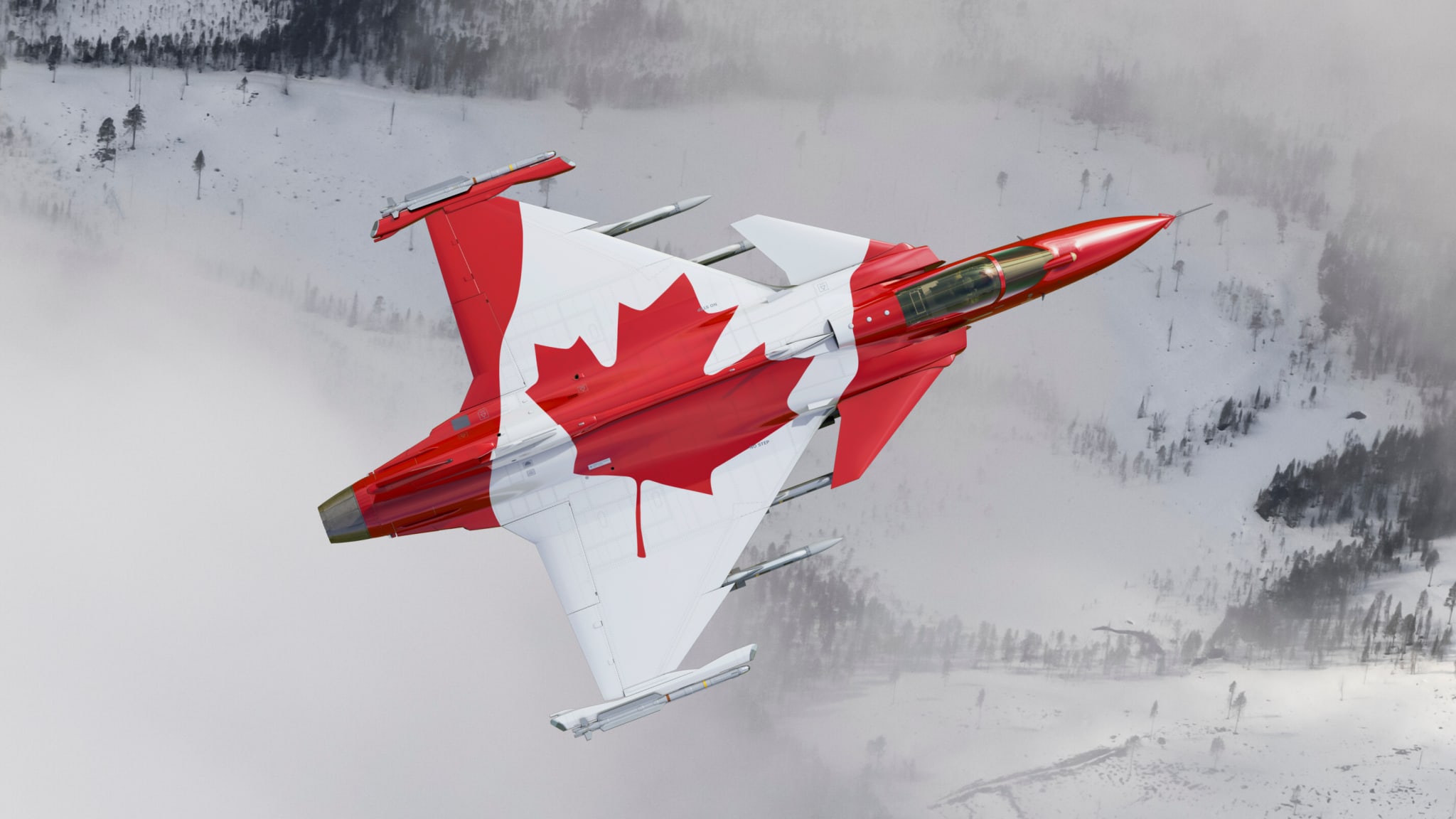
Now that Canada has finally decided to buy 88 F-35 fighter jets from its North American ally and Saab Gripen overlooked again — it could be worth asking if this was in the making.
At the time of announcing the decision to go the F-35 way, Canadian Defense Minister Anita Anand said “We’re living in a new reality”, referring to the war in Ukraine.
While she clarified that the selection process was free of political interference, the Russian aggression against Ukraine has brought the already close allies closer — especially under the fold of the US.
Fair Competition Vs Political Configurations
While exiting the fray, Dassault Aviation looked over the initial RFP and assessed that the Canadian criteria for intelligence data sharing and interoperability, especially with US forces, would be difficult to achieve.
It has long been observed by non-American contractors and defense experts that the joint collaboration between the US and Canada under the North American Aerospace Defense Command (NORAD), which is entrusted with the aerospace warning, aerospace control, and maritime warning duties for North America, would bend the deal in America’s favor.
Further, it was also alleged by contractors that the political relationship between Canada and the US would be a decisive factor in Canada’s decision.
Lockheed Martin has already benefited Canada economically. According to a 2018 audit, Canada’s participation in the F-35 Joint Strike Fighter program has already contributed roughly $1 billion in GDP.
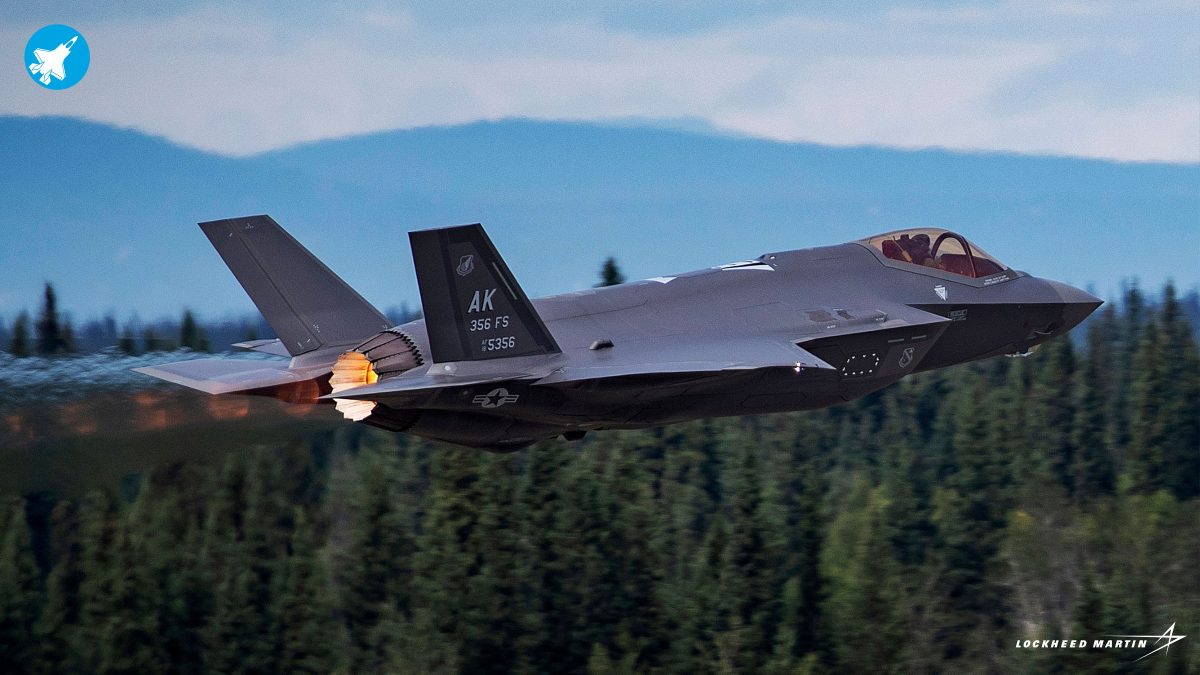
The Liberal government of Canada led by Justin Trudeau had reportedly amended the industrial benefits section of the deal to make it more favorable to Lockheed Martin after receiving concerns from the Trump administration. Some contenders were irritated by the alterations to the evaluation process.
As part of the contracting process, the Canadian federal government generally requires corporations to spend the equivalent of a contract’s value in Canada as part of a long-standing military procurement policy to help the country’s economy.
However, the F-35 program is set up differently as it permits Canadian firms to compete for contracts in the aircraft’s global supply chain. There’s no assurance they will get any of those contracts, though. As a result of the alterations made, Lockheed Martin will not be penalized for using a different system.
The Reign Of The United States
The Lockheed win of the Canadian contract points towards a third continuous win for the US. While the other two European contenders decided to exit on their own, it is the second jolt for SAAB in recent times, which also lost the Finnish contract to Lockheed Martin.
However, Sweden, where SAAB is based does not have any intelligence-sharing arrangement with Canada and the US could have played a major determinant in Canada’s final decision, many experts believe.
SAAB had earlier alleged that the American political influence allowed its defense contractors to sweep the deals. In December, Finland announced a $9.4 billion contract to replace its outdated F/A-18 fighter jets with 64 F-35 fighter jets, rejecting SAAB’s Gripen E fighter jets.
Finland Selects the F-35
The Finnish government chose the F-35 as the winner of the HX Program. By selecting the F-35, Finland gains a significant capability to ensure stability in the region. pic.twitter.com/mcjY5WMm1z
— F-35 Lightning II (@thef35) December 10, 2021
SAAB chief Micael Johansson had then said that the decision to opt for F-35 may have been taken based on political judgments. “Everything comes to politics sometimes – this is not only about having a great product”.
Though Canadian officials had mentioned that there has been no political interference, it could be inferred that politics has somehow favored the US on multiple occasions.
Earlier, the US had angered another European country – France when Australia canceled its deal for French Barracuda submarines and signed the AUKUS pact with the US and UK for acquiring nuclear propulsion technology. The incident had caused a fall-out between NATO allies France and the United States.
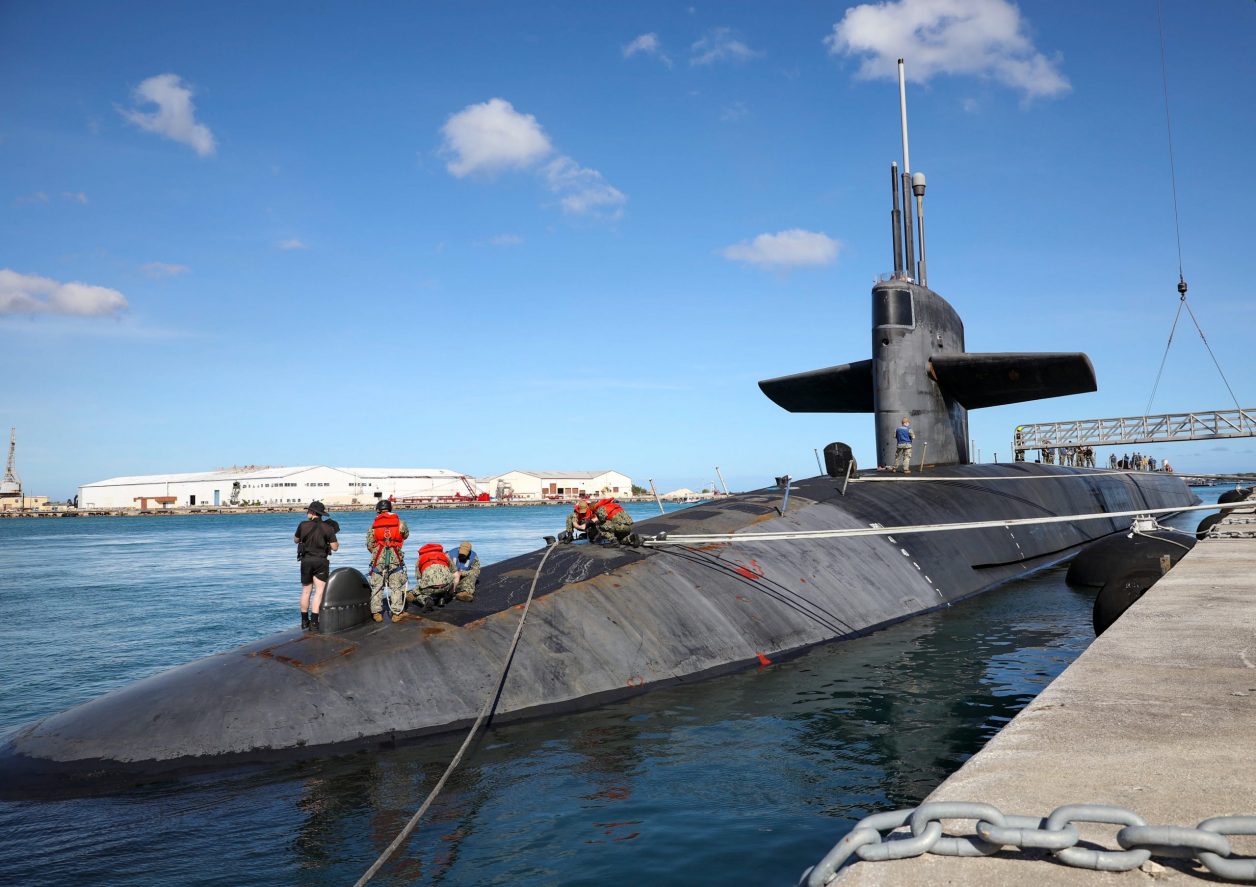
“There has been lying, duplicity, a major breach of trust and contempt. This will not do,” French foreign minister Jean-Yves Le Drian had then said. However, the US had clarified that it was unaware that Australia had not communicated its plans with the French side. It took a lot of mending and appeasing to break the ice.
Having said that, the United States has emerged as the principal challenger to the expanding power of China and the aggressive policies of Russia. This has allowed it more political muscle and leverage in terms of defense deals.
- Contact the author at sakshi.tiwari9555@gmail.com
- Follow EurAsian Times on Google News


